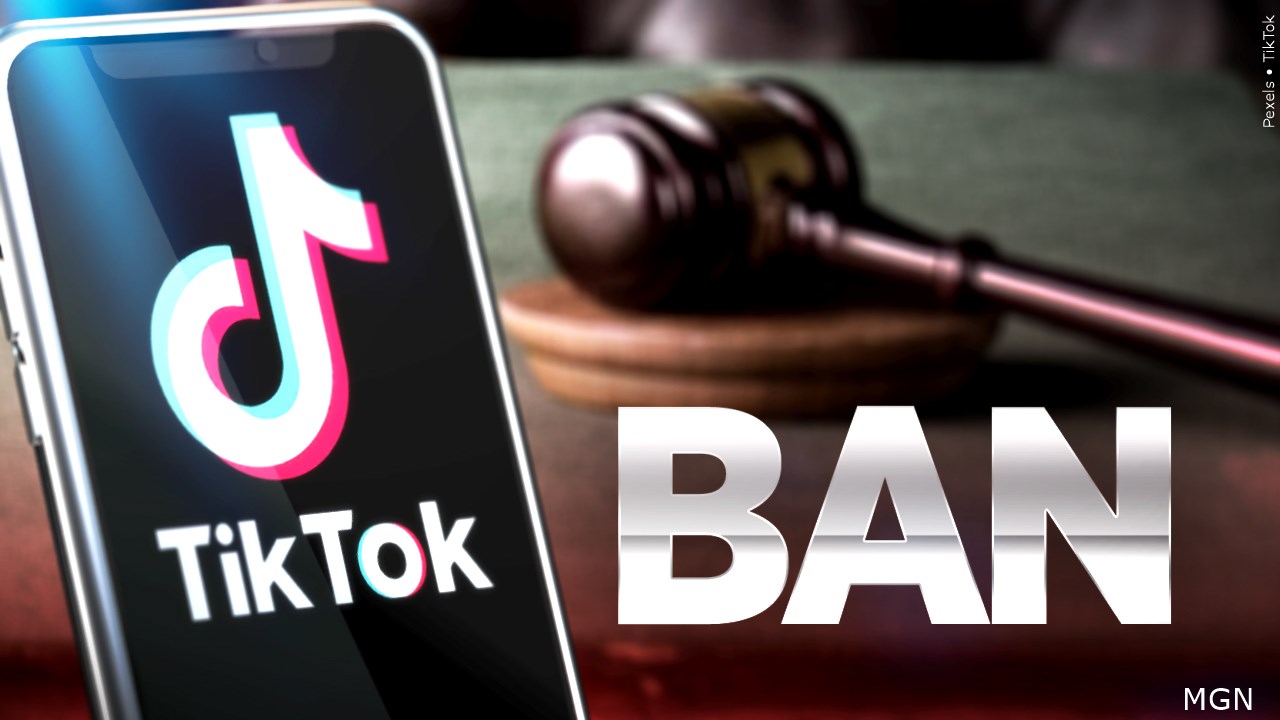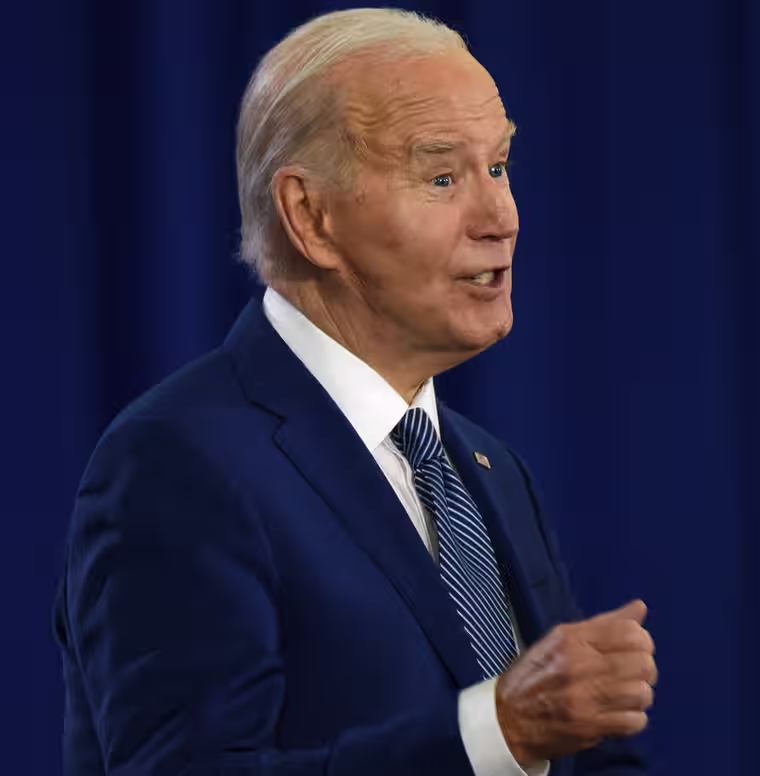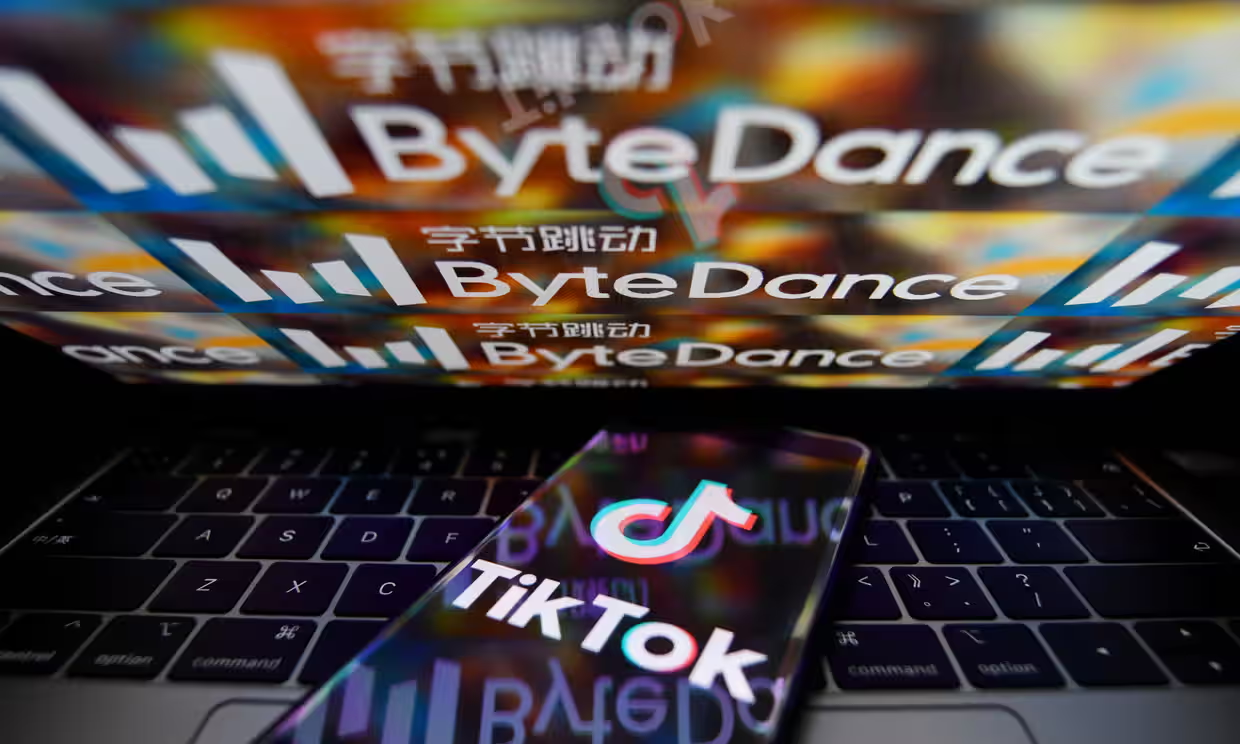(CTN News) – Having passed the Senate, Joe Biden has signed into law a bill that requires TikTok‘s Chinese owner to sell its US operations or face a ban.
A potential ban on a platform that is hugely popular in the United States could be triggered by the law, which is part of a foreign aid package for Ukraine, Israel, and Taiwan.
This article provides an overview of the TikTok legislation and what may happen next.
What is the impact of the legislation on whether sales will take place or if they will be banned?
ByteDance, the Beijing-based parent of TikTok, has 270 days to sell the app’s US operations. The president may extend the deadline if ByteDance appears to be close to completing a deal.
This deadline falls around the time that the next president will be inaugurated, on 20 January, so Donald Trump, should he win the election, may decide whether to extend the sale process.
ByteDance may face a nationwide ban if it does not successfully distribute TikTok through app stores and web hosts.
Why is the US threatening to ban TikTok?
Lawmakers and authorities in the United States are concerned that the Chinese government may access TikTok’s 170 million US users’ data under national security laws.
Deputy Director of the FBI, the United States domestic intelligence and security agency, Christopher Wray has stated that ByteDance is controlled by the Chinese government.
According to Wray, Beijing authorities are capable of manipulating the algorithm that curates what people view on TikTok and collecting user information for traditional espionage operations.
According to TikTok, the Chinese government has not attempted to access US user data, and any such requests will be rejected. According to TikTok’s chief executive, Shou Zi Chew, who appeared before Congress last year, ByteDance is not an agent of China or any other nation.
Will TikTok appeal against the law?
According to TikTok, the bill will violate the First Amendment of the US Constitution, which protects freedom of expression, as soon as it is signed into law.
“After the bill is signed, we will file a legal challenge,” wrote TikTok’s head of public policy for the Americas, Michael Beckerman.
He continued, “We will continue to fight, as this legislation clearly violates the First Amendment rights of the 170 million Americans who use TikTok.”
Chew stated in a video posted shortly after Biden signed the bill on Wednesday that “we are not going anywhere” and that “the facts and the constitution are on our side and we expect to prevail again”.
As a result of TikTok’s First Amendment stance, a judge in Montana, who banned the app, blocked the move because it violates free speech rights.
The US last attempted to ban TikTok in 2020 following an executive order issued by President Trump, but the company secured a preliminary injunction against the move after a judge in Washington ruled that a prohibition would “likely exceed” the bounds of the law.
Before challenging the bill’s constitutionality, TikTok may seek another injunction.
Professor Carl Tobias of the University of Richmond Law School believes that the legal process will likely take two years, during which time the law will not ban the app ”.
The US government will likely argue in court that a ban is justified on national security grounds.
Electric Frontier Foundation’s civil liberties director, David Greene, stated: “The government must demonstrate to the court that the national security concern is real, and not hypothetical or conjectural… and that a ban on TikTok as it currently exists is the appropriate tailored method of addressing that national security concern.”.”
Would anyone be interested in buying TikTok’s US operations?
In March, former US Treasury Secretary Steve Mnuchin announced that he was assembling a consortium to acquire TikTok’s US assets.
Microsoft explored a potential purchase of TikTok in 2020 at the behest of President Trump, who also suggested that the US tech firm Oracle and the retail corporation Walmart take a large stake. In addition to General Atlantic, Susquehanna and Sequoia Capital, ByteDance has many US investors.
According to analysts at Wedbush Securities, a US financial services firm, the Chinese government is unlikely to sanction a sale that includes TikTok’s algorithms, which curate content on the app.
“Without the algorithms, TikTok’s value would dramatically change and the ultimate sale/divestiture of TikTok would become a very complex process, with numerous potential strategic/financial bidders anxiously awaiting the start of this process,” Wedbush stated in a note to investors. With the algorithm, the company’s UK operations were valued at $100 billion (£80 billion) but between $30 billion and $40 billion without it.
What does the Chinese government think?
Earlier this year, the Chinese government expressed concern that the app’s sale would seriously undermine investors’ confidence from various countries, including China, to invest in the United States. Furthermore, certain technologies are prohibited from being exported to China under its export rules.
Will other countries follow suit with a divest-or-ban move?
Because of shared concerns about data, TikTok is already under pressure elsewhere in the West. There have been restrictions on using it on government-issued devices in the UK, the US, Canada, and New Zealand, as well as on work-issued devices at the European Commission.
There have been calls for a UK ban, including by former Conservative Party leader Iain Duncan Smith, who said last month that “we should have done it ourselves ”.
In 2020, it was announced that TikTok, as well as dozens of other Chinese apps, would be banned in India due to their being “prejudicial to the sovereignty and integrity of India, to the defence of India, to the security of the state, and to the public order.”








